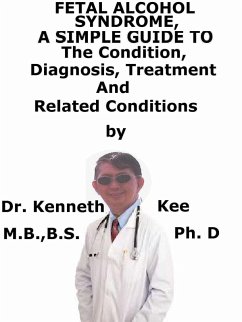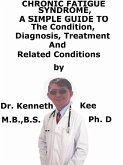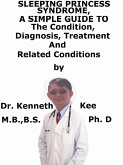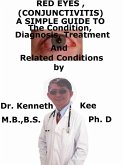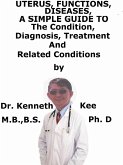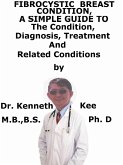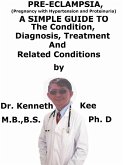Fetal alcohol syndrome is growth, mental, and physical problems that may happen in a baby when a mother drinks alcohol during pregnancy.
It is typically featured by disorders of development and craniofacial abnormalities.
The external signs of the syndrome are:
1. A short palpebral fissure,
2. Thin upper lip, and
3. Smooth philtrum.
Consumption of alcohol during conception and the first weeks of the embryo development go together with mutagenic and cytotoxic processes.
It results in death or destruction of the embryo development.
A passive defense reaction prevailed and depression-like disorder was noticed.
They had learning and memory problems.
Fetal alcohol effects (FAEs), otherwise known as alcohol-related birth defects (ARBDs), may represent the milder end of the spectrum.
Other criteria for disorders which come under the umbrella of FASD are alcohol-related neurodevelopmental disorder (ARND) and partial fetal alcohol syndrome (pFAS).
There are three main components of FAS:
1. Typical facial abnormalities.
2. Intrauterine growth restriction and failure to catch up.
3. Neurodevelopmental abnormalities causing learning disability, cognitive impairment and behavioral problems
Alcohol is a teratogenic substance which crosses the placenta with ease.
The development of the fetus can be affected by alcohol at any stage.
The different effects may happen depending on the stage of exposure
Not every woman who drinks heavily during pregnancy has babies with FAS and it is clear that other factors affect the vulnerability of the fetus.
These are the stage of pregnancy affected, the pattern of drinking, the health, age, stress levels and nutritional status of the mother and the use of other toxic substances, including tobacco
Genetic makeup and gene polymorphisms also strongly affect fetal susceptibility for FAS, and other genetic abnormalities can be confounded with FAS
The severity of these symptoms varies from mild to severe, and can be:
1. A small head;
2. A smooth philtrum between the upper lip and nose, small and wide-set eyes, a very thin upper lip, or other abnormal facial features;
3. Below average height and weight;
4. Hyperactivity;
5. Problems with concentration;
6. Poor coordination;
7. Delayed development and problems in thinking, speech, movement, and social skills;
8. Poor judgment;
9. Problems seeing or hearing;
10. Learning disabilities;
11. Intellectual disability;
12. Heart problems;
13. Kidney defects and abnormalities;
14. Deformed limbs or fingers;
15. Mood swings.
There is no test, so diagnosis depends on a history or suspicion of alcohol exposure in uterus and on the presence of typical clinical features.
Criteria for diagnosis vary and are better defined for FAS than other disorders within the spectrum, so it is not surprising that incidence figures are a challenge to establish.
Failure of growth
Craniofacial abnormalities
Neurodevelopmental abnormalities
Tests that may be done are:
1. Blood alcohol level in pregnant women who show signs of being drunk (intoxicated)
2. Brain imaging studies (CT or MRI) after the child is born
3. Pregnancy ultrasound
Treatment
Unfortunately, FAS cannot be treated, but still there are treatments for some symptoms.
These medicines are:
1. Antidepressants to treat problems with sadness and negativity;
2. Stimulants to cope with concentration problems, hyperactivity, and other behavioral problems;
3. Neuroleptics to treat anxiety and aggression;
4. Antianxiety drugs to deal with anxiety
Behavioral training may improve behavior, social skills.
TABLE OF CONTENT
Introduction
Chapter 1 Fetal Alcohol Syndrom...
Dieser Download kann aus rechtlichen Gründen nur mit Rechnungsadresse in A, B, CY, CZ, D, DK, EW, E, FIN, F, GR, H, IRL, I, LT, L, LR, M, NL, PL, P, R, S, SLO, SK ausgeliefert werden.

